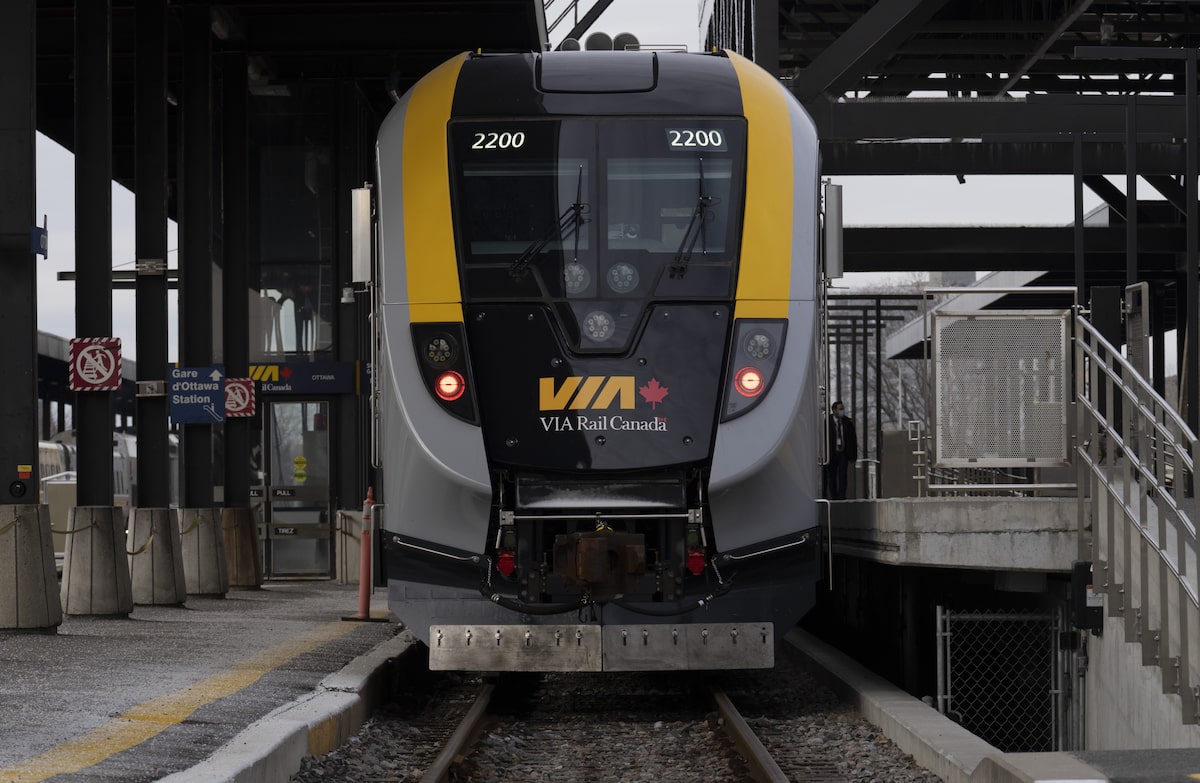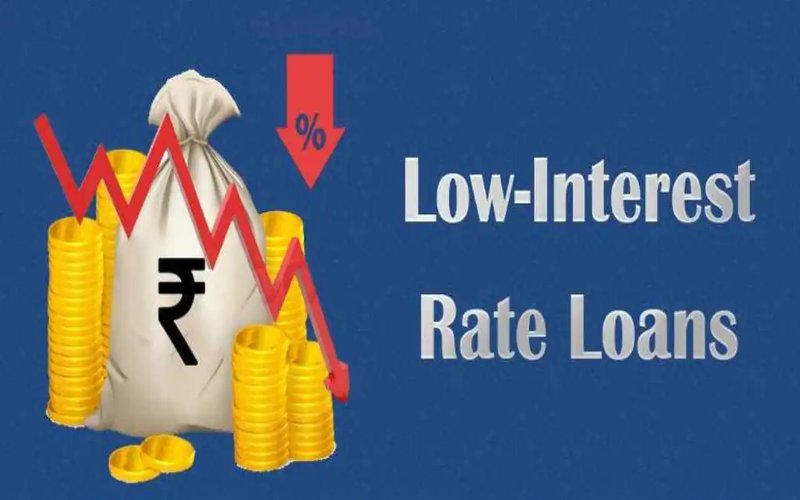Potential Via Rail Strike On June 22 As Unifor Issues Strike Mandate

Table of Contents
Unifor's Strike Mandate and Key Demands
Unifor's strike mandate signifies a serious escalation in the ongoing labour dispute between the union and Via Rail. This mandate empowers Unifor to call a strike impacting thousands of Via Rail workers, potentially bringing passenger rail services to a complete standstill across Canada. The implications are far-reaching, affecting not only commuters but also the broader Canadian economy.
Keywords: Unifor strike mandate, Via Rail negotiations, union demands, worker compensation, job security.
-
Unifor's Key Demands: The union's central demands revolve around improved compensation and job security for its members. These include significant wage increases to keep pace with inflation, enhanced benefits packages, and guarantees against job losses due to automation or outsourcing. Specific details regarding percentage increases and benefit improvements are still being negotiated.
-
Reasons for the Strike Mandate: The issuance of the strike mandate follows months of stalled negotiations. Unifor argues that Via Rail has not adequately addressed its members' concerns regarding fair wages and working conditions. The union cites the rising cost of living and the vital role its members play in ensuring the smooth operation of Via Rail services as justification for its demands.
-
Negotiation Timeline: Negotiations have been ongoing for several months, with several rounds of discussions between Unifor and Via Rail representatives. Despite some progress, significant disagreements remain regarding key issues, leading to the impasse and the subsequent strike mandate.
-
Number of Workers Affected: A potential strike could impact thousands of Via Rail employees, including conductors, engineers, maintenance workers, and other crucial personnel. The exact number is dependent on the specific workers covered by the Unifor collective bargaining agreement.
Potential Impact of a Via Rail Strike
A Via Rail strike would have significant repercussions for passengers and the Canadian economy. The disruption to passenger rail services would be substantial, affecting thousands of daily commuters and travellers.
Keywords: Via Rail service disruption, travel disruption Canada, economic impact, passenger impact, supply chain disruption.
-
Passengers Affected: Estimates suggest that tens of thousands of passengers rely on Via Rail daily for commuting and travel between various Canadian cities. A strike would severely limit or completely eliminate this vital transportation option.
-
Disruption to Tourism and Business Travel: The impact on tourism would be considerable, as many tourists utilize Via Rail services to explore various Canadian destinations. Business travel would also be severely hampered, potentially leading to delays and increased costs for companies reliant on rail transportation.
-
Economic Impact and Supply Chain Disruptions: Beyond the direct impact on passengers, a prolonged strike could trigger significant economic consequences. Potential supply chain disruptions could affect the timely delivery of goods and services, adding further strain to an already challenging economic landscape. The ripple effects could be felt across various sectors.
-
Alternative Transportation Options: Affected passengers will need to consider alternative transportation options such as buses, planes, or personal vehicles. However, these alternatives might be more expensive, less convenient, and potentially unavailable depending on the specific routes and travel demands.
Negotiation Efforts and Potential Resolutions
The current state of negotiations between Unifor and Via Rail is tense, with a strike deadline rapidly approaching. Both parties are engaged in discussions, but a resolution remains elusive.
Keywords: Via Rail negotiations, contract negotiations, mediation, arbitration, strike resolution.
-
Recent Negotiation Sessions: Recent negotiation sessions have focused on bridging the gaps in demands regarding wages, benefits, and job security. However, substantial differences remain, and the parties have yet to find common ground.
-
Mediation and Arbitration: The possibility of mediation or binding arbitration to resolve the dispute is being explored. These processes could facilitate negotiations and potentially prevent a strike. Both parties will need to agree to participate in such proceedings.
-
Statements from Unifor and Via Rail: Both Unifor and Via Rail have issued public statements outlining their respective positions and highlighting the need for a fair and equitable agreement. These statements often differ significantly on the key sticking points.
-
Timeline for Resolution: The timeline for resolving the labour dispute remains uncertain. The pressure to reach an agreement before June 22nd is immense, given the potential for widespread disruption to passenger rail services across Canada.
The Role of the Federal Government
The federal government plays a crucial role in resolving major labour disputes affecting national transportation. Their potential intervention could significantly influence the outcome of the Via Rail negotiations.
Keywords: Federal government intervention, labour relations, back-to-work legislation.
-
Past Government Involvement: The Canadian government has intervened in similar labour disputes in the past, employing various methods to prevent or end strikes affecting essential services.
-
Potential Government Intervention: The government could intervene by facilitating negotiations, imposing binding arbitration, or resorting to back-to-work legislation. The choice of intervention strategy would depend on the urgency and severity of the situation.
-
Government Statements: The federal government has been closely monitoring the situation and has issued statements emphasizing the importance of reaching a resolution to prevent a disruptive Via Rail strike.
Conclusion
The potential Via Rail strike on June 22nd presents a serious threat to Canadian transportation and the national economy. Unifor's strike mandate underscores the urgent need for a resolution in ongoing negotiations with Via Rail. The potential impact on passengers, tourism, business travel, and supply chains is substantial. The federal government's role in facilitating a resolution will be critical. The coming days will be crucial in determining whether a settlement can be reached to avert this significant disruption to Canadian rail services.
Call to Action: Stay informed about the developing Via Rail strike situation by monitoring news updates and official statements from Unifor and Via Rail. Use relevant hashtags such as #ViaRailStrike #Unifor #CanadianRail to track developments. If you are a Via Rail passenger, consider making alternative travel arrangements in case of a strike. The potential for significant disruption requires proactive planning.

Featured Posts
-
 Low Personal Loan Interest Rates Today Options And Eligibility
May 28, 2025
Low Personal Loan Interest Rates Today Options And Eligibility
May 28, 2025 -
 Liverpools Transfer Plans Focus On Wingers While Negotiating Mo Salahs Contract
May 28, 2025
Liverpools Transfer Plans Focus On Wingers While Negotiating Mo Salahs Contract
May 28, 2025 -
 Wes Andersons The Phoenician Scheme Cannes Premiere And Critical Reception
May 28, 2025
Wes Andersons The Phoenician Scheme Cannes Premiere And Critical Reception
May 28, 2025 -
 Free Tickets For The American Music Awards Las Vegas Return
May 28, 2025
Free Tickets For The American Music Awards Las Vegas Return
May 28, 2025 -
 Tenant Housing At Risk The Consequences Of Eliminating Rent Control
May 28, 2025
Tenant Housing At Risk The Consequences Of Eliminating Rent Control
May 28, 2025
